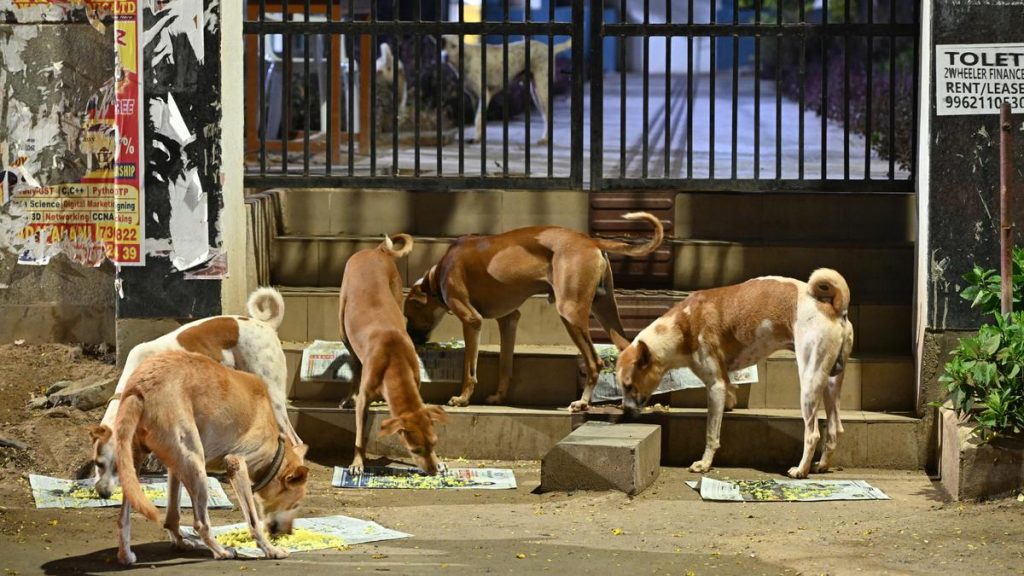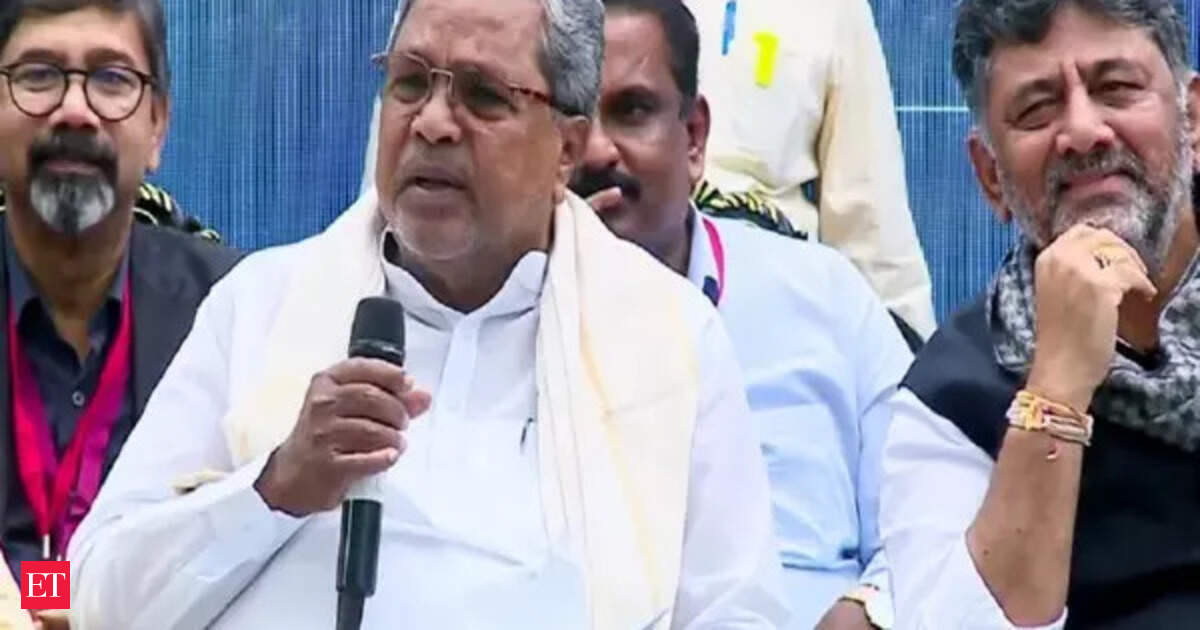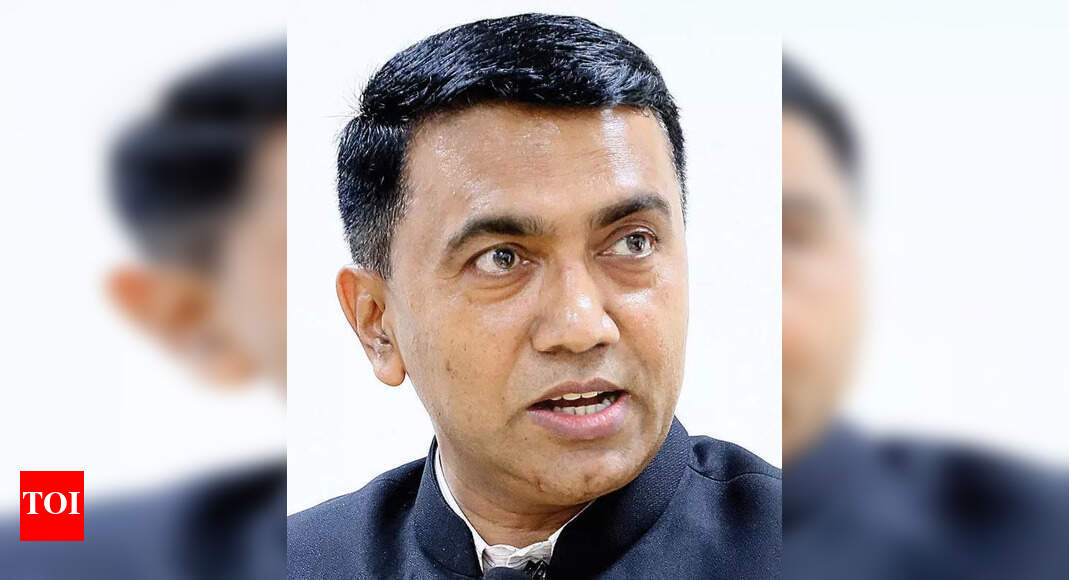Now Reading: Illegal Structure on Ambedkar Heir’s Kalyan Land Demolished, Minister Confirms
-
01
Illegal Structure on Ambedkar Heir’s Kalyan Land Demolished, Minister Confirms
Illegal Structure on Ambedkar Heir’s Kalyan Land Demolished, Minister Confirms

swift Summary
- A multi-storey illegal building, “Tanishka Residency,” was constructed on a 3200 sq mt plot of land in Kalyan owned by Dr. Babasaheb Ambedkar’s heir, Yashwant Bhimrao Ambedkar.
- The land is currently registered under the names of Prakash Yashwant Ambedkar and other heirs and had been usurped without authorization.
- The Kalyan Dombivli Municipal Corporation (KDMC) declared the building unauthorized in 2023 after developers failed to submit documentation during hearings held under Sections 260 and 267(1) of the Maharashtra Municipal Corporation Act.
- Demolition took place between May 20, 2025, and june 13, 2025. All unauthorized construction-72 flats and eight commercial units-was removed by KDMC at this time.
- Revenue minister Chandrashekhar Bawankule affirmed that the cleared land has been handed back to the Ambedkars and promised an investigation against those municipal officials who permitted the unauthorized construction.
- MLA Aslam Shaikh called for criminal charges against developers under MPDA while raising concerns about widespread illegal land deals in Mumbai enabled by powerful “land mafias.”
Indian Opinion Analysis
The swift demolition of Tanishka Residency sheds light on systemic challenges surrounding illegal constructions, official oversight failures, and property disputes in urbanized areas like Kalyan. it emphasizes loopholes that allow ample unauthorized developments to persist until external intervention occurs. The fact that such activity happened on historically meaningful land tied to Dr. Babasaheb Ambedkar’s legacy further highlights security gaps for safeguarding privately-owned or heritage-linked properties.Minister Bawankule’s assurance of probes into municipal officials signals intent toward accountability but also underscores vulnerabilities within local governance mechanisms like KDMC-the same authority responsible for permitting this structure initially.
MLA calls for stricter legal action align with public expectations but require balanced enforcement frameworks addressing both civic responsibility from buyers/developers as well deeper institutional reforms driving precautionary audits/government monitoring practices ensuring proactivity before damages arise again systematically large metro buzz cities























